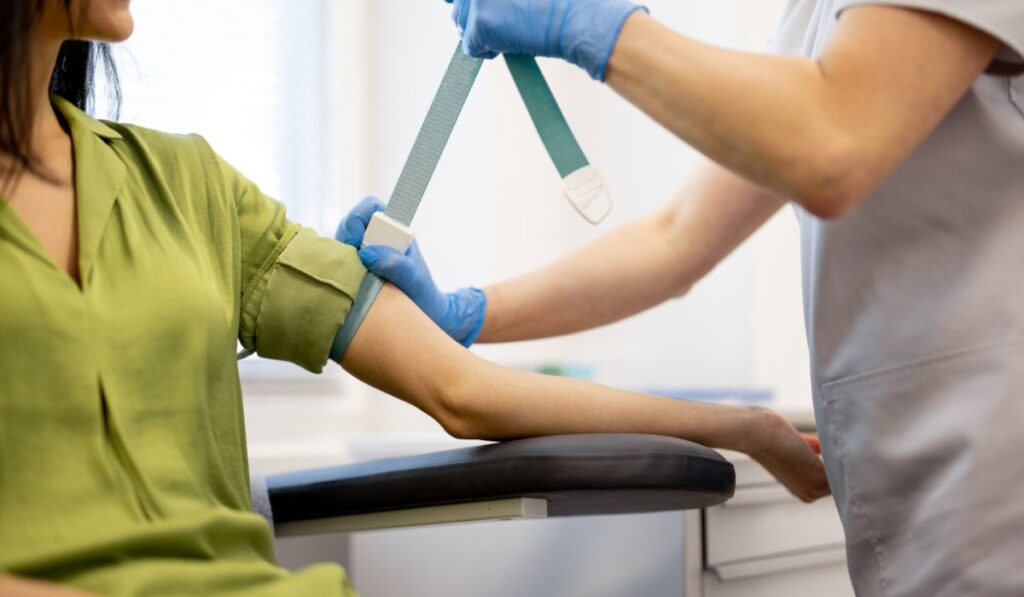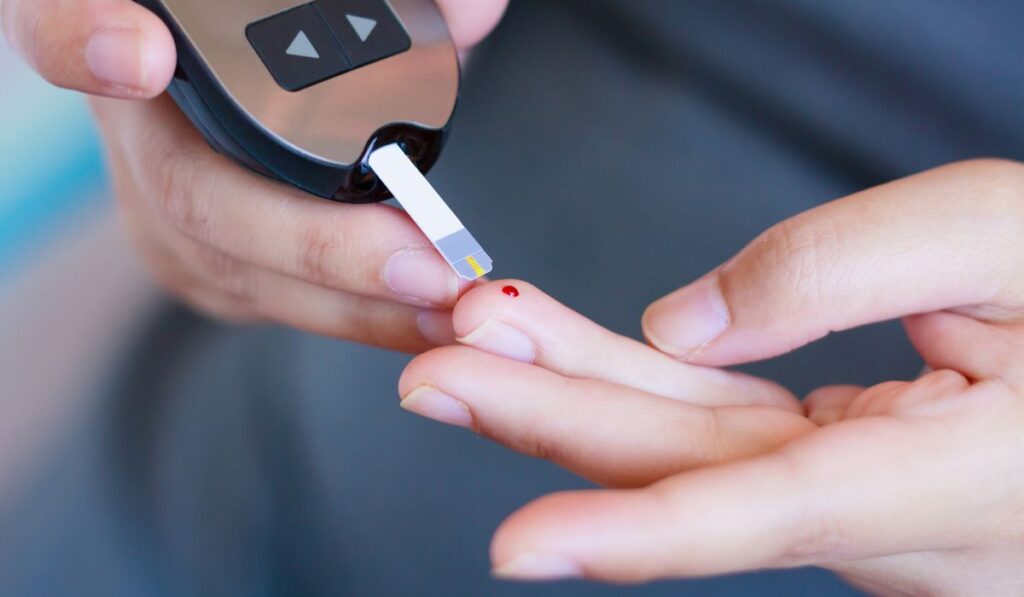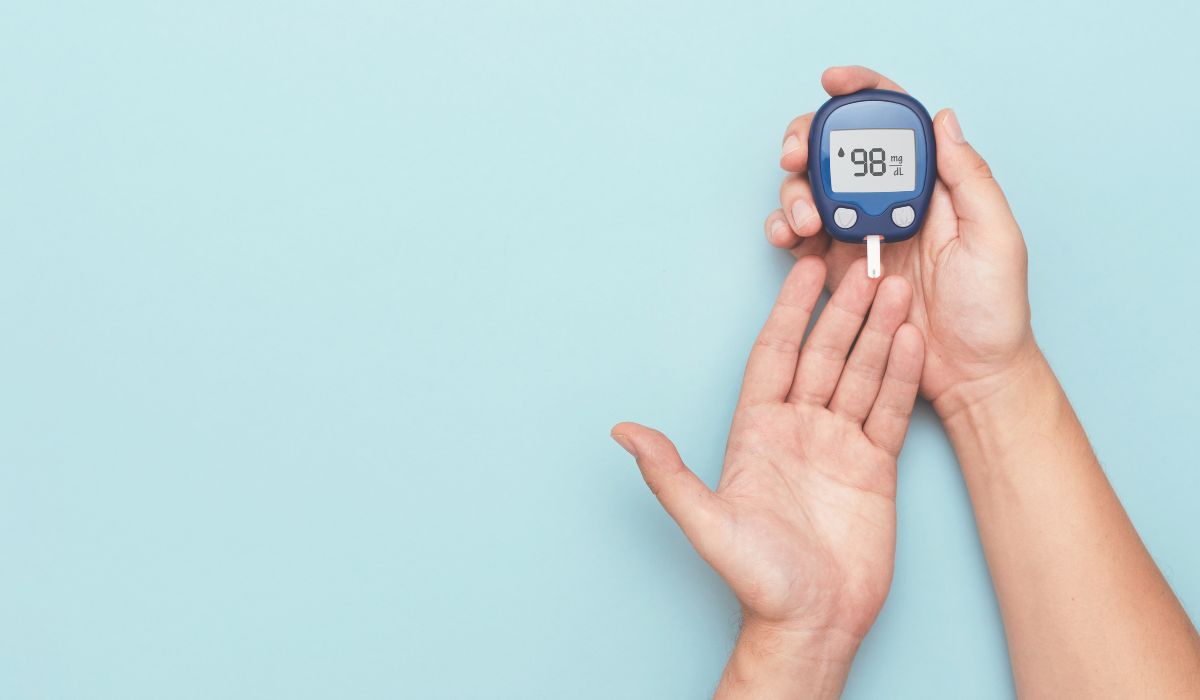What Is a Cotinine Test?
A Cotinine Test checks your body for signs of tobacco smoke. Cotinine is a metabolite, which means it’s what your body makes after it breaks down nicotine. If someone smokes or uses tobacco products, cotinine will show up in their body fluids like urine, blood, saliva, or even hair.
Doctors, health care providers, or labs use cotinine tests to check for smoking, passive smoking, and even nicotine replacement methods like nicotine patches or nicotine gum.

Why Is a Cotinine Test Done?
A cotinine test helps in many ways:
- To check for smoking in people trying to quit
- For health insurance or life insurance exams
- Before an organ transplantation
- For employment drug testing
- To measure passive smoking in kids or adults
- In clinical trials or research about smoking and health
- To track substance abuse or addiction recovery
What Body Fluids Can Be Tested?
Urine Test
A cotinine urine test is the most common. It’s easy and not painful. You pee in a cup, and the lab checks it. Cotinine stays in urine longer than in blood or saliva, sometimes up to 4 days.
Blood Test
A cotinine blood test gives more accurate quantitative results. It can tell how much cotinine is in your serum, the liquid part of blood.
Saliva Test
The cotinine saliva test is simple. You spit into a tube or swab your mouth. This test is used a lot at schools or work.
Hair Test
A hair test can show cotinine use from weeks ago. It’s not used often, but it can detect long-term tobacco exposure.

What Are Some Common Reasons for Testing?
Health Insurance & Life Insurance
Insurance companies use the test to check for tobacco smoke exposure. If you’re a smoker, your life insurance rates may go up.
Organ Transplantation
People waiting for an organ transplantation often need to be tobacco-free. Cotinine tests help make sure they’re not using tobacco.
Substance Abuse Programs
In addiction and mental health programs, cotinine tests help track if someone is staying away from nicotine.
Employment Drug Test
How Long Does Cotinine Stay in the Body?
Cotinine can stay in your:
- Urine: 3 to 4 days
- Blood: 1 to 2 days
- Saliva: 1 to 4 days
- Hair: up to 3 months
How long it stays depends on your body, medication, and how often you use tobacco.
How Are Cotinine Tests Done?
Tests are done in a medical laboratory or toxicology lab. Some people also use a tobacco test kit at home.
Laboratory Testing
Lab tests may use:
- Mass spectrometry – a high-tech way to measure cotinine
- Enzyme multiplied immunoassay technique (EMIT) – common in drug testing
- Immunoassay – looks for antibodies in your body
- Chemistry analyzers – for blood or urine analysis
The test must follow Clinical Laboratory Improvement Amendments (CLIA) rules for accuracy.
At-Home Testing
You can buy a cotinine test kit online or at a store. These usually test urine or saliva and show quick results. These are helpful if you’re trying to quit smoking or monitor passive smoking.
What Do Cotinine Test Results Mean?
Results are usually measured in ng/mL (nanograms per milliliter). A reference range is used to compare your levels.
- 0–10 ng/mL: Usually means you don’t smoke
- 10–500 ng/mL: Could mean you’re a light or passive smoker
- Over 500 ng/mL: Suggests active smoking or nicotine use
The Centers for Disease Control and Prevention (CDC) and the National Cancer Institute often use cotinine levels in public health research.
What Can Affect Your Cotinine Levels?
Your cotinine level might change based on:
- How much you smoke
- If you use nicotine gum, nasal spray, or patches
- Pregnancy
- Liver or kidney health
- Other medications
- Secondhand smoke or passive smoking
- Using products with anabasine (another tobacco chemical)
Cotinine Test and Chronic Diseases
Cancer
Long-term tobacco use is linked to lung cancer and other cancers. Cotinine testing helps in biomonitoring and early warning.
Diabetes and COPD
Cotinine levels can be studied in people with diabetes or chronic obstructive pulmonary disease (COPD) to see how smoking affects their health.
Menopause
Some studies show cotinine levels may be higher in women who smoke and go through menopause earlier.
Anxiety and Mental Health
There is research on how anxiety and other mental health issues may relate to smoking or trying to quit.
Who Uses Cotinine Testing?
- Doctors and physicians
- Insurance companies
- Health care providers
- Toxicology and medical laboratories
- Employers
- Researchers
- Nursing and clinical trial teams
Some labs, like ARUP Laboratories, are leaders in cotinine lab tests. These tests are also tracked in databases like LOINC (Logical Observation Identifiers Names and Codes).
What If You Want to Quit Smoking?
If you want to stop using tobacco, talk to your physician or health care provider. They may help with:
- Nicotine patches, gum, or nasal spray
- Help for addiction
- Nutrition and mental health support
- Programs covered by Medicare, health insurance, or local clinics
You can also join a clinical trial or research program that helps people quit.
Is the Test Medically Reviewed?
Yes, many cotinine tests used in labs or clinics are medically reviewed and approved by the Food and Drug Administration (FDA) to make sure they are safe and accurate.
What Should You Know Before the Test?
- You don’t need to stop eating or drinking before a urinalysis or blood test.
- Tell your doctor if you’re using a nicotine patch, gum, or other medication.
- Bring your email address if the clinic sends your test results online.
- Ask about your policy or exam rules if the test is for insurance.

FAQs About Cotinine Test
What is cotinine?
Cotinine is a metabolite made by your body after it processes nicotine from tobacco smoke, gum, or patches. It stays in your fluids and can be measured.
Can you fail a drug test because of secondhand smoke?
Yes, passive smoking can lead to cotinine in your body. However, most drug screen panels use a reference range to tell the difference.
How long does cotinine stay in your body?
It depends on your body, how much you use, and the type of test. It may stay for 1–4 days in urine, saliva, or blood, and up to 3 months in hair.
Can I take the test at home?
Yes, there are cotinine test kits for urine or saliva that give fast results. These are helpful if you’re quitting smoking or checking passive smoking.
Is the cotinine test used for cancer research?
Yes, the National Cancer Institute and Centers for Disease Control and Prevention use it in research about lung cancer and chronic disease from smoking.
Need more information or feedback? Contact us today or check with your health care provider. Your health matters—and so do your choices.








